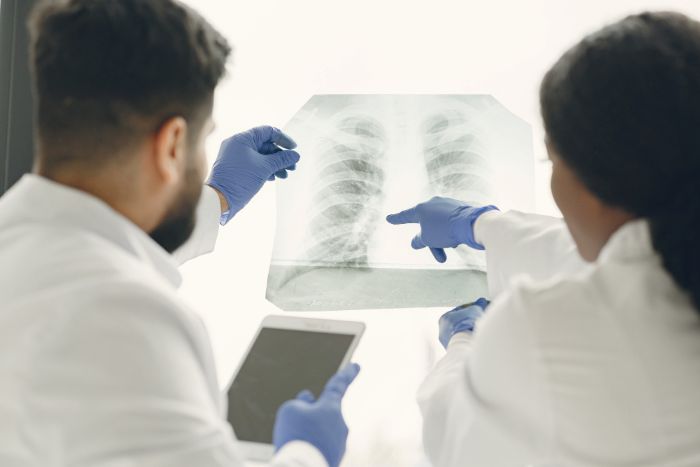Navigating Pathways: Career Opportunities With a Master of Science in Respiratory Therapy (MSRT)
The healthcare industry is replete with career advancement opportunities, particularly for those with specialized education. An MSRT degree provides clinicians the skills and knowledge to navigate complex patient care situations and step into leadership roles. Graduates with an MSRT degree find that their expertise is not only in demand but also vastly rewarding. Whether it be through direct patient care, research, or policy advocacy, the career paths available to these graduates are diverse. Delve into the expanding horizon of career opportunities with an MSRT. Keep reading to discover how this degree can unlock your full potential.
Advancing into Leadership: Management Opportunities in Respiratory Care

Leadership positions are a natural progression for respiratory therapists armed with a graduate degree. Management roles typically involve overseeing a team of respiratory therapy professionals and ensuring the delivery of high-quality patient care. Individuals in these positions are expected to foster a collaborative environment and lead by example, leveraging their advanced knowledge and expertise.
As healthcare managers, MSRT graduates may also be responsible for recruitment, training, and mentoring new staff. They serve as the bridge between the administration and clinical staff, advocating for the necessary resources and support to enhance the effectiveness of respiratory care services.
A higher degree like an MSc in Respiratory Therapy also prepares respiratory therapists to tackle the challenges of budgeting and financial planning within their departments. MSRT holders are often tasked with balancing department budgets, managing resources, and streamlining processes to maximize efficiency and care standards.
Pioneering Research and Education: A Respiratory Therapist’s Academic Path

Those who choose to steer their career toward academia can become champions of education and research in respiratory therapy. As educators, MSRT graduates contribute to the profession by training the next generation of therapists, sharing their advanced clinical insights, and promoting evidence-based practices within the curriculum.
Engaging in research is another crucial aspect of the academic pathway. MSRT holders have the capability to conduct pioneering studies, develop innovative treatment methods, and contribute to the scientific literature within the respiratory care field. Their work often leads to advancements in patient care and can have a widespread impact on respiratory health outcomes.
Leadership in academic settings may also lead to opportunities in policy development within educational institutions. This might involve curriculum design, accreditation processes, and developing policies that address both student and program needs to ensure quality education in respiratory therapy.
Specialized Practice Areas for MSRT Degree Holders

The specialization opportunities for MSRT degree holders broaden their clinical impact beyond general respiratory care. Certain disease-specific areas, such as neonatal and pediatric care, demand a high level of expertise and delicate patient management. MSRT graduates are well-equipped to provide specialized interventions and manage complex respiratory conditions in these vulnerable populations.
Another area of specialization is critical care. Here, respiratory therapists play a pivotal role as part of multidisciplinary teams caring for critically ill patients. Their advanced education prepares them to perform sophisticated diagnostic assessments and create individualized ventilator management plans to improve patient outcomes.
Pulmonary function testing and sleep medicine are also fields where MSRT graduates can thrive. With their deep understanding of respiratory physiology and pathophysiology, they are capable of leading diagnostic labs and sleep centers, optimizing testing protocols, and interpreting complex results that are crucial for accurate diagnoses and treatments.
The Increasing Demand for Respiratory Therapy Experts in Healthcare Policy and Advocacy
The evolving nature of healthcare and the increased focus on respiratory health, particularly in the wake of pandemics like COVID-19, have spurred a demand for informed voices in policy and advocacy. MSRT graduates, with their advanced clinical and theoretical knowledge, are uniquely positioned to influence healthcare policy to better serve patients with respiratory needs.
Influencing policy requires an understanding of healthcare systems, and MSRT graduates typically possess this expertise. They can play a pivotal role in the development and implementation of policies at local, state, and federal levels, advocating for changes that improve respiratory care nationwide.
Altogether, the career opportunities for MSRT graduates extend far beyond the clinical setting, offering rich possibilities in leadership, research, specialization, and policy advocacy. With the right advanced degree, respiratory care professionals can aspire to shape the future of respiratory healthcare and improve patient outcomes across various settings.
Share this content:



